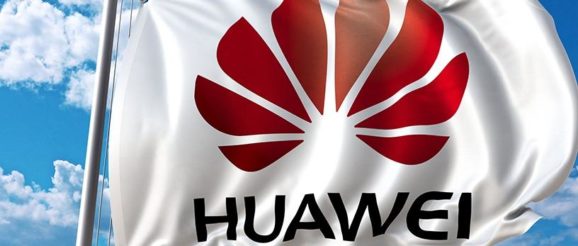Huawei defies US ban, joins Open Innovation Network | ITWeb

Chinese technology giant Huawei – subject of a long-standing technology ban in the US on allegations of spying for the Chinese government – has joined the Open Invention Network (OIN).
OIN, which is funded by such US technology leaders as Google and IBM, as well as NEC, Philips, Sony, SUSE and Toyota, has hailed this move as a demonstration of Huawei’s “commitment to patent non-aggression in Linux and open source software”.
Huawei, one of the world’s largest players in the telecom networks, IT, smart devices and cloud services arena, is said to be the first major Chinese company to embrace open source software, which it regards as an enabler of advanced communications systems.
Yesterday’s announcement of Huawei’s OIN membership comes only days after Huawei reported its smallest profit increase in three years, which analysts attribute to the US ban taking its toll. It also follows the release less than two months ago of the US government’s official charges against Huawei.
In its 56-page indictment, the US Department of Justice accused Huawei of various crimes including racketeering, intellectual property theft, and conspiring to steal trade secrets from competitors. Huawei has denied all charges.
US companies were banned from using Huawei networking equipment in 2012. Things were stepped up in May last year when an executive order from president Donald Trump effectively banned Huawei from US communication networks.
“As a global leader in ICT infrastructure, and a company with a significant intellectual property portfolio, we appreciate Huawei joining OIN and supporting patent non-aggression in the core of Linux and adjacent OSS,” said Keith Bergelt, CEO of the Open Invention Network, who pointed out that Linux-based platforms were currently enabling the provision of new levels of functionality across cloud and software-defined networks “at an unprecedented pace”.
According to Jim Zemlin, executive director at the Linux Foundation, Huawei is a top contributed to the Linux Kernel, other key open source projects, and is a Platinum member of the Linux Foundation. Its membership of OIN is a further demonstration of “its strong support for defending open source and open collaboration”.
Jianxin Ding, Head of Global Intellectual Property at Huawei, said Linux and open source software were critical elements of the technology it was developing and integrating with carriers and enterprises around the world.
“By joining the Open Invention Network, we are demonstrating our continued commitment to innovation, and supporting it with patent non-aggression in Linux and other core open source projects,” Jianxin added.
Open to all, OIN claims more than 3 200 community members and owns over 1 300 global patents and applications. OIN’s community practices patent non-aggression in core Linux and adjacent open source technologies by cross-licensing Linux System patents to one another on a royalty-free basis. Patents owned by Open Invention Network are similarly licensed royalty-free to any organisation that agrees not to assert its patents against the Linux System.
